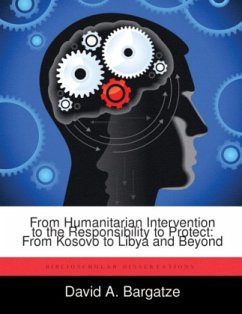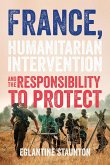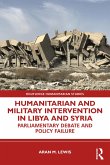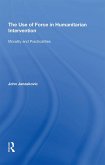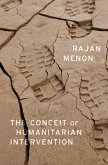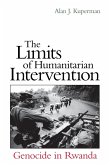In 1999, NATO engaged in a humanitarian intervention without the authorization of the United Nations Security Council to stop ethnic cleansing by Serbians against ethnic Albanians in Kosovo. While the Serbian campaign against the Kosovars eventually ended, the NATO operation took longer than anticipated, caused hundreds of civilian deaths, and set the conditions that enabled the crisis to become worse before it ended. Following the intervention, the international commission established to review the operation deemed it legal, but unlawful, as it ended the crisis, but did so by the use of armed force against a sovereign state without the consent of the Security Council. In an attempt to reconcile the competing interests of sovereignty and protection of civilians, an international commission proposed the responsibility to protect, which it placed on the pillars of prevention of, reaction to, and rebuilding after crimes against the civilian population. States had the primary responsibility as sovereigns to protect civilians under their power.

